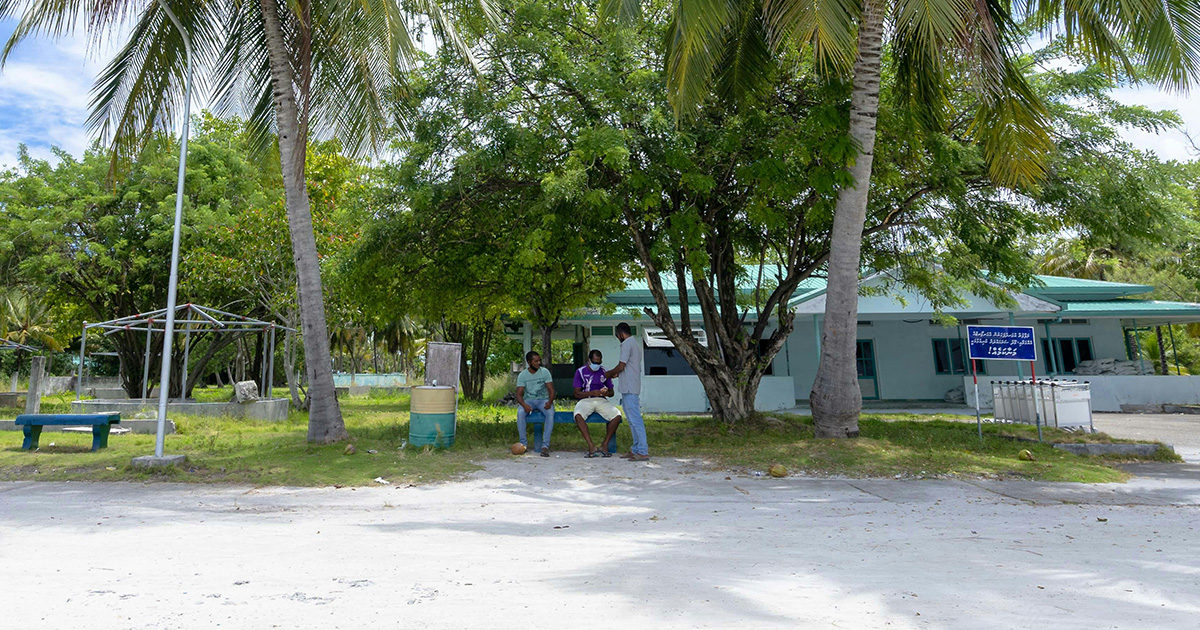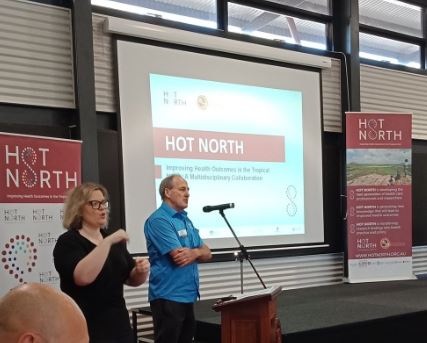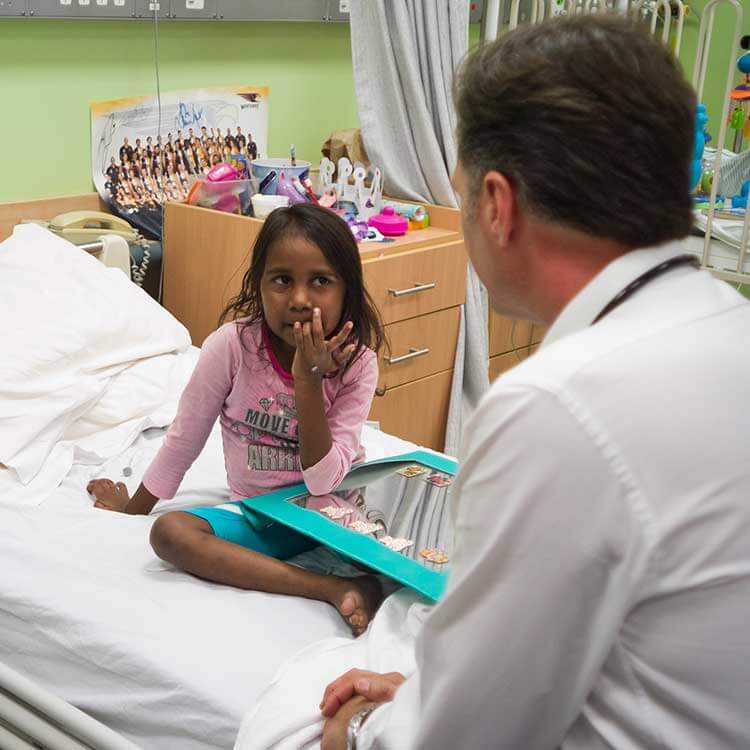Search
Research
Treating trade: the case for clinical engagement with regional trade agreementsThe global burden of non-communicable diseases (NCDs) continues to grow. Although developing settings face fastest growth in incidence, no country is exempt.
Research
Evolution, Evidence and Effect of Secondary Prophylaxis Against Rheumatic FeverThe association between group A streptococcal infection and rheumatic fever (RF) was established in the early 20th century.
Research
The stark reality of rheumatic heart diseaseThis editorial refers to ‘Characteristics, complications, and gaps in evidence-based interventions in rheumatic heart disease: the Global Rheumatic Heart...
Research
The case for global investment in rheumatic heart-disease controlThe review built a case for extending simple and cost–effective measures to all countries. Had these recommendations been put into action, significant...
Research
Changes in the clinical and epidemiological features of group A streptococcal bacteraemia in Australia's northern territoryWe aimed to measure the incidence and severity of invasive Group A Strep disease in the NT since 1996.

News & Events
The Kids researchers granted $5 million to prevent RHD across PacificA team led by Dr Joseph Kado from the Wesfarmers Centre of Vaccines and Infectious Diseases, based at The Kids Research Institute Australia, and The University of Western Australia (UWA) has been awarded $5 million by the Federal Government in a major push to prevent rheumatic heart disease across the Pacific.

News & Events
Call for urgent funding boost for RHD in AustraliaThere are calls for a significant and urgent injection of $40 million in funding to tackle Rheumatic Heart Disease (RHD) following Monday night’s Four Corners episode.

News & Events
Expert researchers converge on Broome to tackle health challenges in Northern AustraliaOver 100 researchers and health professionals from around Australia have united in Broome this week to address the major health battles facing people living in the tropical north of the country.

News & Events
Bold bid to end rheumatic heart diseaseSome of the nation’s leading medical researchers will converge on Darwin this week to step out a plan to wipe out rheumatic heart disease.

News & Events
Call for Group A streptococcal infections to become notifiable diseasesResearchers at The Kids Research Institute Australia say Group A Streptococcus should become a nationally notifiable disease in Australia.
